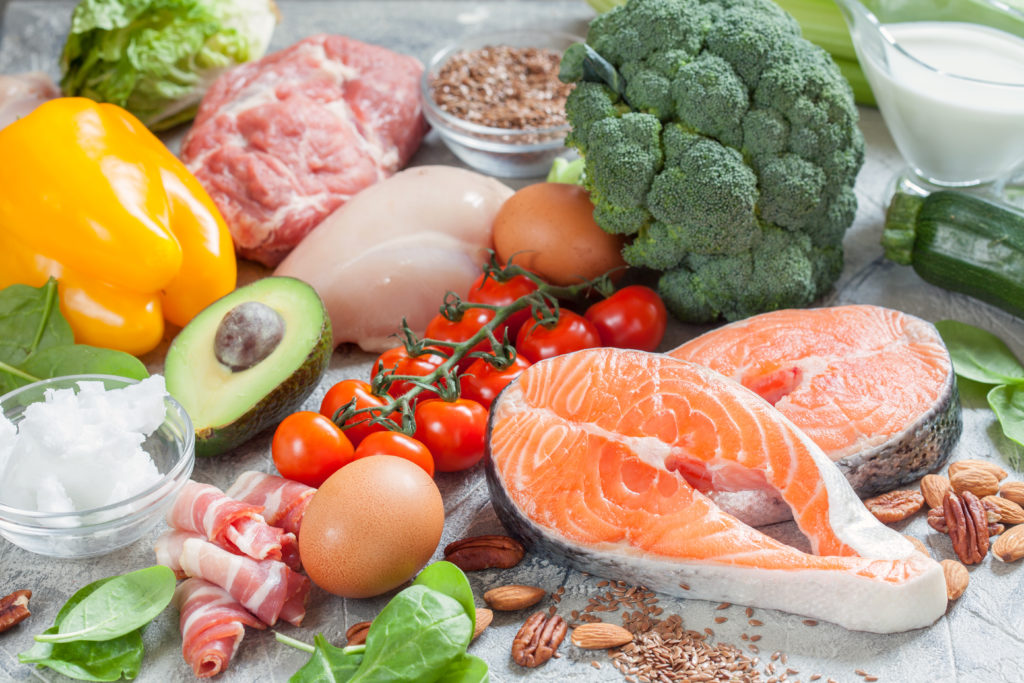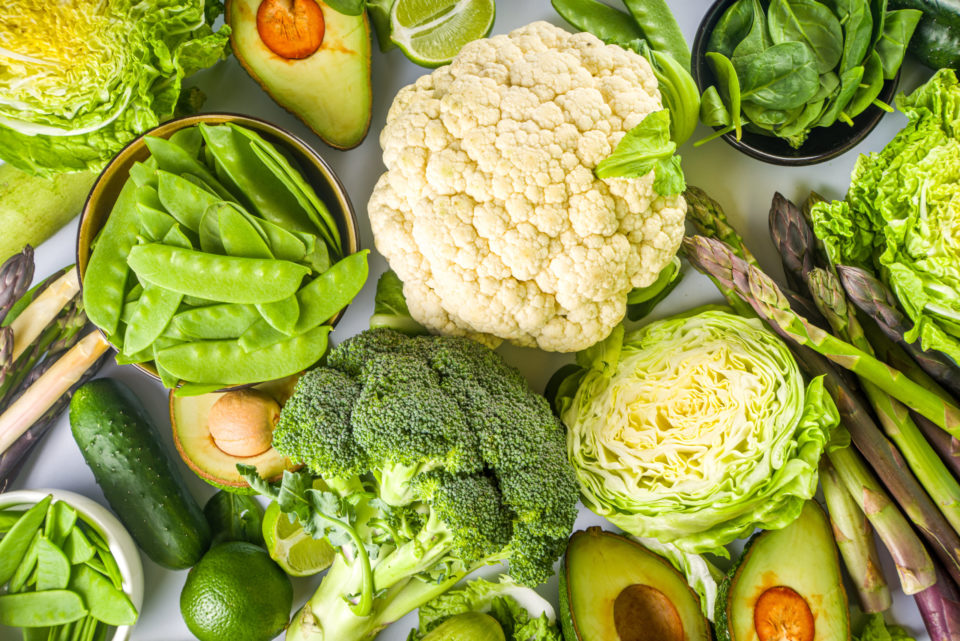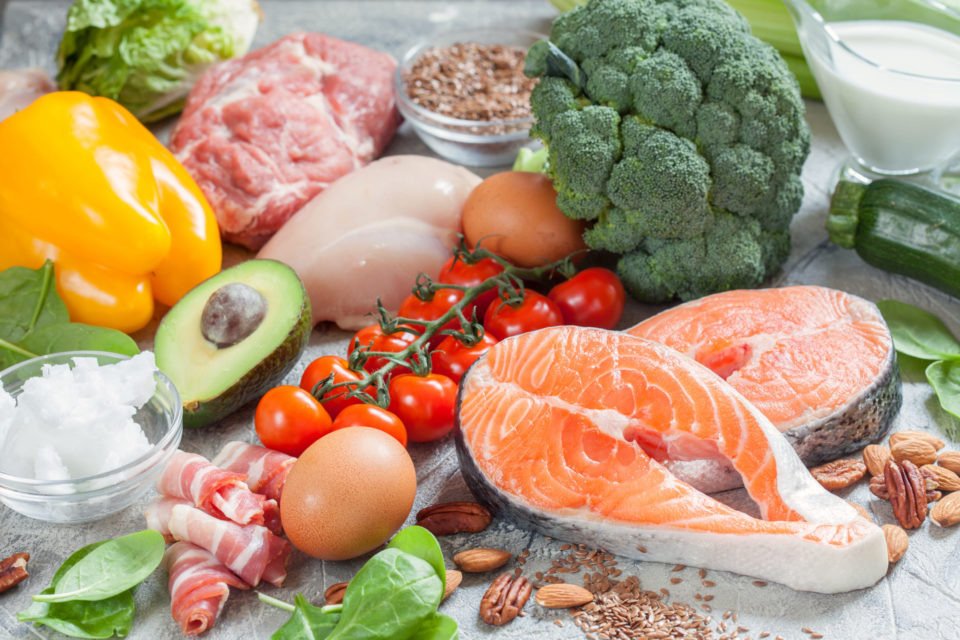Which Diet Should You Follow and Why?
To survive, one must absorb all the substances and building blocks needed for all chemical reactions inside and outside the body’s cells. We must also break down the food we eat, repair or make cells, make and send hormones, regulate body temperature, and move – for example, during exercise.
What we cannot produce ourselves must be added via the diet. This includes vitamins and minerals and certain fatty acids and amino acids (building blocks in fat and protein, respectively). You do not have to get all the essential nutrients every day because we can store some of them, but if you eat very one-sidedly over a long period of time, there is a risk that you will get a deficiency disease. However, this is unusual today because we in Sweden have good access to nutritious food, and the vast majority of the healthy population does not need to take any supplements.

It is only recommended to take supplements if you have an established deficiency of any substance. Those who are usually advised to supplement the diet with supplements are menstruating women who have had iron deficiency, women who plan to have children who, by taking extra folic acid, can reduce the risk for their children to be born with spina bifida, as well as people who do not get enough sunlight on the skin during the summer months and therefore cannot produce enough vitamin D.
The body’s energy needs must also be covered, and the energy-giving nutrients include fats, carbohydrates, and proteins. These are broken down into their most minor constituents in the gastrointestinal tract. After that, these are taken up to the bloodstream and transported to the body’s cells.
To maintain a stable body weight, you must consume the same amount of energy that you consume. If you eat less energy than you consume, you will lose weight, and if you eat more, you will gain weight. The size of the energy consumption, the metabolism, is primarily determined by how much muscle mass you have.
A limited amount of carbohydrates can be stored in the liver and the will-controlled muscles. The liver layer is used to keep blood sugar at a stable level, and the muscle layer is consumed when performing explosive activities such as sprints, jumps, and heavy strength training. When you consume carbohydrates, the stores will be replenished, and when they are complete, the remaining amount ingested through food will be converted into fat stored in the adipose tissue. Amino acids (from protein eaten) cannot be kept for future use, so when the cells have taken up the amount they need, even in this case, the excess is converted to fat stored in the adipose tissue. An excess of fat will also be stored in the adipose tissue. Thanks to the ability to rebuild energy-giving nutrients and then remove stocks, we can survive periods of fasting and starvation.
Most people who exercise want the effort to give as good a result as possible, which often leads to trying different types of supplements or trying a diet. In some cases, the goal of the diet change is that it should lead to better health in general, but it can also be about wanting to achieve increased fat burning or maximum muscle growth. Consuming protein supplements can be a good energy supplement for those who exercise a lot and need an extra snack, but it does not provide a greater muscle mass in itself. A compilation of 49 research articles on strength training from 2018 (https://pubmed.ncbi.nlm.nih.gov/28698222/) states that a protein intake that exceeds 1.6 grams per kilogram of body weight per day (128 grams for those who weighs 80 kg) does not increase muscle mass or strength.
Most people get that amount of protein without eating supplements. According to the National Food Administration’s survey Riksmaten from 2011, the 1005 participating women consumed 1 gram of protein per kilogram of body weight and day, and their daily energy intake was just under 1800 kcal. The 792 men who participated consumed 1.1 grams of protein per kilogram of body weight and day, and the energy intake was a little over 2200 kcal. Those who exercise a lot also eat a more significant amount of food, and as a result, it usually covers the need for nutrients.
To briefly summarize what the research has come to, it is essential to:
- From couch potatoes to active athletes, no healthy individuals need to eat any supplement without a proven nutritional deficiency. Still, it is enough to eat a varied diet in sufficient quantity.
- It is strength training that provides muscle growth – not protein supplements,
- And you need to eat carbohydrates to be able to take in the maximum when you exercise.
If the focus on diet and exercise becomes unreasonably large, it can be good to seek professional help. It is difficult for many to get themselves out of an eating disorder problem, and the sooner you break an unhealthy thought pattern, the better.
For those who want to dig deeper regarding cutting down on carbohydrates, what time of the day you should eat, if the plate model is something for the one who exercises, to eat more vegetables or maybe just food from the plant kingdom, or the benefit of eating non-heated remedies, there is more detailed information to take part of if you click on the links in the text.





